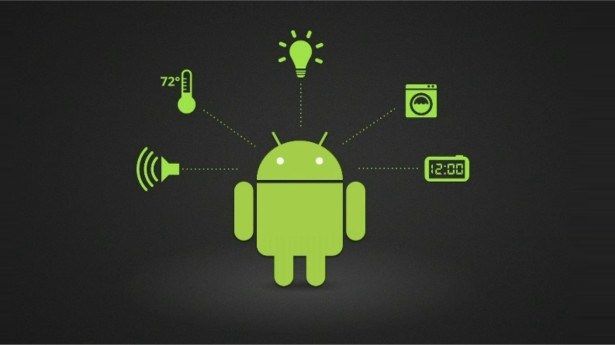Google has applied for permission from the bandwidth and radio-wave overlords to begin testing a Wi-Fi and Bluetooth powered mystery "entertainment device".
The mystery is ours, of course: we're sure that the Google bods know exactly what it is they want to test out. The Mountain View tech giant has asked the FCC for permission to use the device in employees' homes in four US cities.
The application reads:
"Google is developing an entertainment device that requires testing outside the laboratory environment. The device is in the prototyping phase and will be modified prior to final compliance testing. … Users will connect their device to home Wi-Fi networks and use Bluetooth to connect to other home electronics equipment. This line of testing will reveal real world engineering issues and reliability of networks. The device utilizes a standard Wi-Fi/Bluetooth module, and the planned testing is not directed at evaluating the radio frequency characteristics of the module (which are known), but rather at the throughput and stability of the home Wi-Fi networks that will support the device, as well as the basic functionality of the device. From this testing we hope to modify the design in order to maximize product robustness and user experience. Utilizing the requested number of units will allow testing of real world network performance and its impact on applications running on the device, so that any problems can be discovered and addressed promptly."
What can it be exactly? A new generation Google TV set-top box? Some kind of Android-powered media server? A massive tablet that also doubles up as a coffee table? Or something entirely different?
Our money, based on the wording "to connect to other home electronics equipment", is that the testing has something to do with the Project Tungsten / Android @ Home platform that was announced in May last year.
Google had hinted at wanting to control everything in your home with a magic box and said Android @ Home would see a raft of Android accessories hitting your living room; whether it’s a switch connected to a light, or just a power button for a speaker. "We want every device in your home," said the company on stage at its Google I/O event in San Francisco.
We've got a feeling that this mystery device could be the first step.

